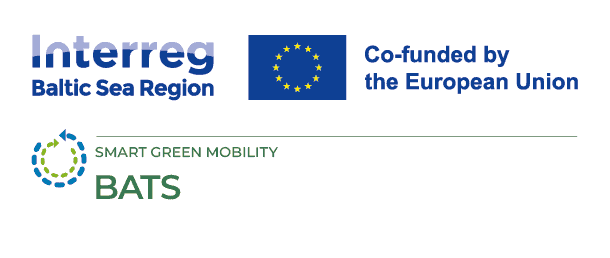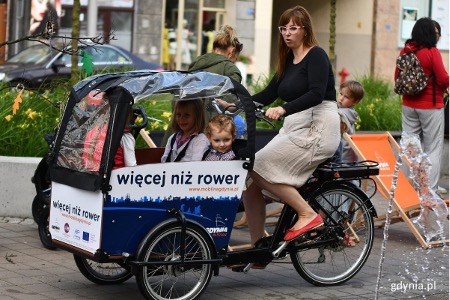
Gdynia, Poland
21 November 2024
Gdynia is a dynamic port city located along the Baltic Sea coast of Poland, forming the so-called Tri-City agglomeration with cities Sopot and Gdańsk. It’s known for its unique modernist architecture, beautiful sea coast and sea logistics.
Within the BATS project, Gdynia Municipality will run two main experiments.
Optimisation of traffic signalisation, taking into account weather conditions
Firstly, the Municipality will use the experience of the BATS project to optimise current traffic signalisation, with a particular focus on optimisation during all weather conditions. The Eurovelo cycling route 10/13 runs through the city of Gdynia, but the long waiting time at certain intersections with car traffic makes this travel option less attractive for citizens. It is hoped that through the implementation of this experiment, Gdynia Municipality can reduce the delays and waiting times currently faced by pedestrians while waiting at crossings, while simultaneously reducing traffic in the city. In Gdynia, the continued growth of motorisation has adverse effects on congestion, in turn leading to widespread time loss, and resulting in negative implications for the environment and climate change.
This BATS experiment will focus on one intersection of the R10/13 (EV10/13) route and trial the installment of detection methods (thermal imaging sensors counting the number of pedestrians and cyclists and recognising them when approaching an intersection) and the introduction of dynamic traffic signal control methods, also taking into account real-time travellers and weather conditions.
Through this pilot intervention, Gdynia Municipality hopes to deepen their understanding of how thermal imaging sensors and dynamic traffic control systems can lead to a reduction of waiting time for pedestrians and cyclists, thus resulting in more positive attitudes towards active mobility. The Municipality also hopes to learn how the implementation of such a system can consider current weather conditions to further improve the experience of YRAM adopters.
Through the optimisation of cycling traffic infrastructure, the city wishes to encourage travellers to use alternative means of transport (walking, cycling, public transport) and to promote active mobility, including a modal shift in travel towards walking and cycling.

Campaign: YRAM hubs and campaigns in kindergartens
Currently, Gdynia witnesses a high number of parents driving their children to kindergartens each day, affecting the safety of vulnerable road users and leading to high levels of pollution in the area. This strongly contributes to health issues among children and the shaping of negative transport behaviour for their whole life.
This BATS campaign will focus on promoting year-round active mobility amongst kindergarten and primary school children, as well as their parents. The experiment will target 4 kindergartens and 4 primary schools, chosen as campaign pilots. The selected institutions have already taken part in summer mobility campaigns, and there are plans to invite all interested schools and kindergartens to participate in the next edition of the winter campaign. Cargo bikes will also be made available to rent for free, with interest among campaign participants expected to grow as the experiment progresses.
It is hoped that by introducing active mobility at the earliest age possible, Gdynia Municipality can positively influence the transport habits and attitudes of both young children and their parents.
Interactive map showing pilot locations. Use the arrow keys to move the map view and the zoom controls to zoom in or out. Press the Tab key to navigate between markers. Press Enter or click a marker to view pilot project details.





